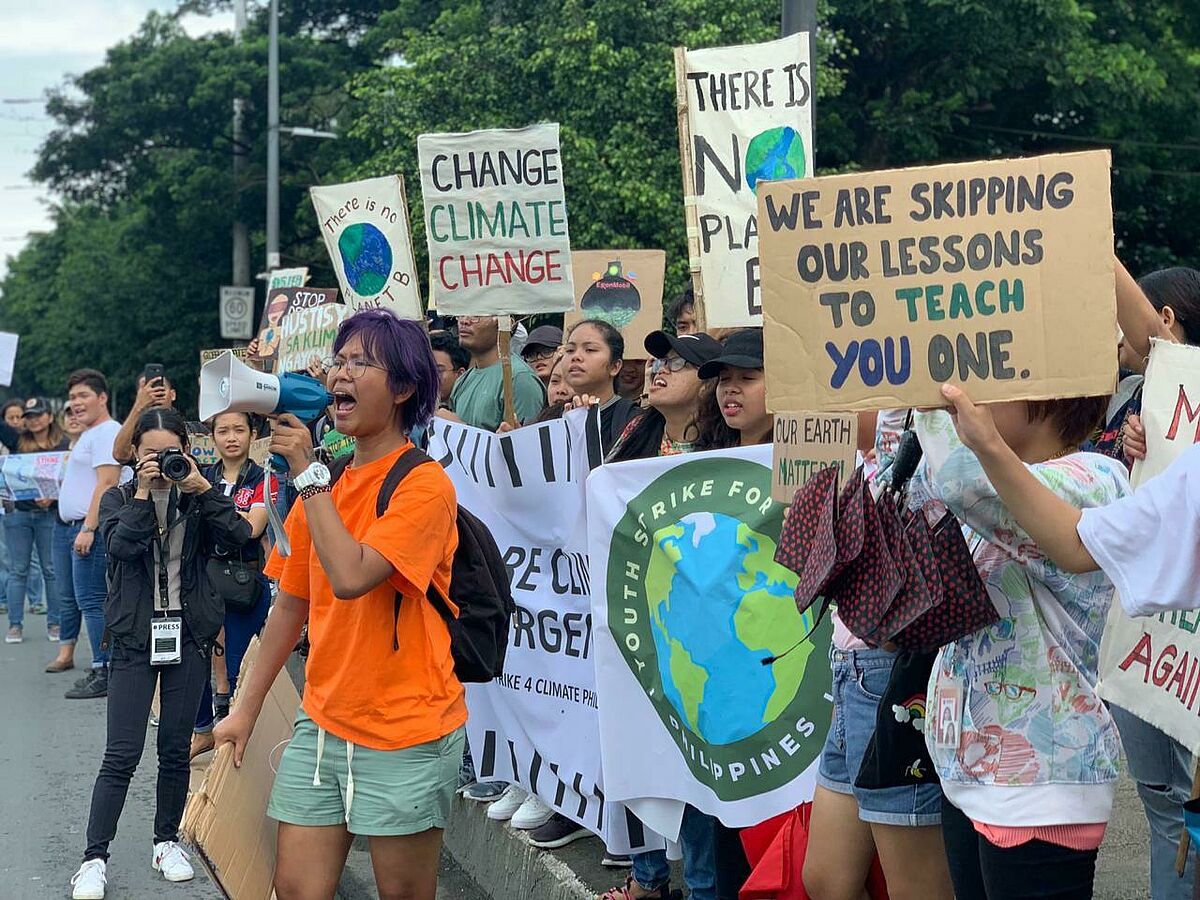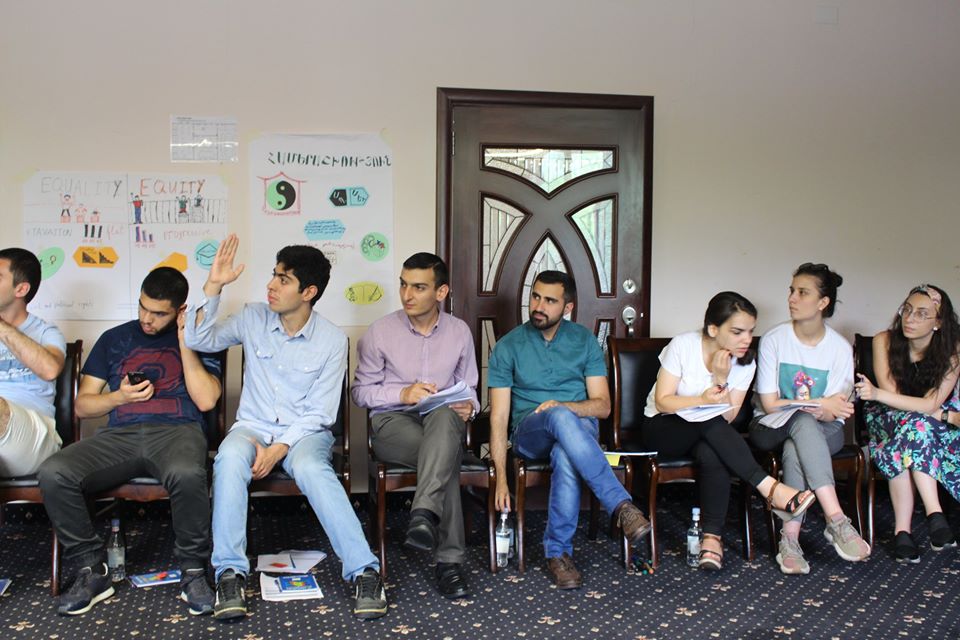Resist, reclaim, reboot: Youth perspectives on renewable energy in the Philippines

The Philippines is one of the countries most vulnerable to climate change–worsened by greenhouse gas emissions of which 78 per cent globally accounts for energy use–and yet it is lagging in its shift to renewable energy. While the rest of the world continues to divest from fossil fuels to lower carbon emissions, the country plans to increase its reserves and production of oil, gas, and coal for the future. Recognizing that there may be better ways to go around this, the youth is taking space in addressing the energy crisis.
Reboot Philippines is a youth-led initiative moving for a just energy transition, meaning in equitable and sustainable ways wherein no one gets left behind. The advocacy of Reboot Philippines is encapsulated in three words: resist, reclaim, and reboot.
Resist the status quo and the “business-as-usual” scenario
The Philippine Energy Plan for 2017-2040 lists a low-carbon future as a strategic direction along with energy access and security yet outlooks an increased reliance on coal and oil, from 59.6 per cent in 2016 to 73.8 per cent in 2040, and shrinking renewable energy share from 37 per cent to just 22.1 per cent. The same document refers to as the 2040 “Clean Energy Scenario”. We ask, how does this make sense?
The science and data are clear—renewables are getting more and more cost-competitive, with solar and wind prices declining by roughly 84 and 50 per cent in the last decade, among others. The country, given its geography, has a massive untapped renewable energy potential especially in wind, hydro, and ocean energy. Aside from this, breakthroughs in technology such as the use of perovskite in solar panels and graphene for energy storage continue to arise. At this point, it is no longer a choice between environmental conservation and economic development, as we can have both in a renewables-powered society. Rather, this is a choice of whether to act now or not.
If we do intend to act, it starts with declaring a climate emergency and committing the country to the bolder target of 100 per cent renewable energy in the future. This is the true clean energy scenario.
Reclaim power over energy to the people
Energy should be universally accessible and centred in meeting people’s needs and taking care of the environment, not in money and selfish gain. As such, we want people and communities to realize their capacity to reclaim their power over energy, and for them to exercise participation in decision-making on how we produce and consume energy. We refer to this as energy democracy–an equitable distribution of power, both figuratively and literally.
Reboot the energy system
The conversations surrounding the energy transition imply transformations on a large scale and in such a transition, we need to reshape our worldviews and establishing sustainability, equity, and social justice as the new norms. For example, job losses affected by coal power plants shutting down should be upskilled toward green jobs, and those already marginalized should not have to pay more for clean power.
Making all these pieces and nuances fit together in a just and attainable transition needs everyone on board to be successful, from every sector, every background, and every way of life. That includes us, the youth.
Our renewable energy future
The youth can assume its role in this transition through grassroots movements towards systemic, cultural, and behavioural change, but why should we?
In this increasingly interconnected and digitalized world, not only do we have access to massive amounts of information, but also to platforms to raise voices across the globe—from speaking out to participating in climate discussions, organizing coalitions, demanding policy change, seeking transparency and accountability from our leaders, and getting others to stand up and do the same.
It is our future that is at stake. We are the ones who will bear the consequences brought upon the decisions our leaders make and the actions we take as a society today. The current pandemic has helped shed light on humanity's capacity to act and work together to face a global threat. It has also highlighted our need to secure a resilient, sustainable, and inclusive future. The same should be applied to the threat of climate change. This is the message that needs to be heard right now.
Jasper Aaron M. Mallonga is a mechanical engineer and project coordinator at Reboot Philippines. He was one of the first participants of the Renewable Energy Boot Camp (REBOOT), a training programme for young people who will facilitate shifts towards a just, democratic, and fully renewable energy transition organized by FES Philippines.
About FES Connect
Connecting people, in the spirit of social democracy, we source and share content in English from the German and international network of the Friedrich-Ebert-Stiftung.






